Date: 04/03/21
By Alan Hardie, CEO at NCEAT.
 This is a question that I’m sure we’ve all heard, asked and answered many times. Quite often the answer is “I don’t know” or “I’m not sure”. I think these are both absolutely fine as responses, because many pupils genuinely don’t have an immediate career in mind when they are at school, or frequently jump from one idea to another. Sometimes it’s easier to say what you definitely don’t want to do. Personally, I told my school careers advisor I definitely didn’t want to be a teacher – I didn’t change my mind on that until much later!
This is a question that I’m sure we’ve all heard, asked and answered many times. Quite often the answer is “I don’t know” or “I’m not sure”. I think these are both absolutely fine as responses, because many pupils genuinely don’t have an immediate career in mind when they are at school, or frequently jump from one idea to another. Sometimes it’s easier to say what you definitely don’t want to do. Personally, I told my school careers advisor I definitely didn’t want to be a teacher – I didn’t change my mind on that until much later!
I think the most important role that schools and families can play in careers advice is to make children aware that there are huge range of options available for different careers. As they get older, this extends to helping them understand the skills, aptitudes and qualifications that are needed for different careers options and how these match to their interests and aspirations.
This week is National Careers Week and schools have been raising awareness of the range of careers options available. Over the last few years, there have been huge improvements in careers guidance and information in England’s secondary schools and now increasingly in primary schools. The Gatsby National Good Career Guidance Benchmarks have supported this improvement. Duke’s Secondary School was one of the pilot schools for this and is also a Lead School in the Ambition Careers Hub supported by the North East Local Enterprise Hub.
In all of our schools, there is a focus on engagement with local businesses to support careers development and to help raise awareness amongst our pupils (and their families) of the range of employment opportunities available now and in the future. We are always looking to develop this and welcome any offers of support from local business. Although this year’s National Careers Week has been virtual, we hope that we will get back to face-to-face events, such as our ‘World of Work Week’, later in the year.
Schools and Trusts are now much more proactive in seeking to make links with businesses. Last week I had a meeting with representatives of British Volt, who are planning to build a huge lithium battery factory in Blyth, to make links that I hope will create opportunities for pupils in our schools. Understanding the requirements of local employers is critical for schools to plan their curriculum, particularly for GCSE and Sixth Form. However it is also about ensuring that the ‘soft skills’ needed by employers such as teamwork, resilience and good communication are developed at every stage of a pupil’s education.
The Government is planning some very significant changes to post-16 education over the next few years, which will have a huge impact on progression to employment. Basically, they intend there to be three main pathways, the traditional A level route leading to university, apprenticeships and finally the new T level qualifications which are being piloted at the moment. The Government would like T levels to replace most of the existing vocational qualifications in Sixth Form, such as BTECs. However T levels are very different: they are the equivalent of 3 A levels, 20% of the time is spent on a placement in industry and the courses are very specific to particular careers. This may require pupils to make a much earlier decision about career aspiration than at present. While ensuring that pupils with a clear career aspiration get a quality vocational experience and qualification is good, this will not suit others who don’t want to make this decision at age 16.
Such a major change will require a new approach and potentially much more collaboration between schools, colleges and employers to get this right. Whether the change is ever fully implemented (in 30 years in teaching I’ve seen a number of similar plans fall apart) a more collaborative approach between education and employers can only be a good thing and will further improve the quality of careers education available for our young people.
